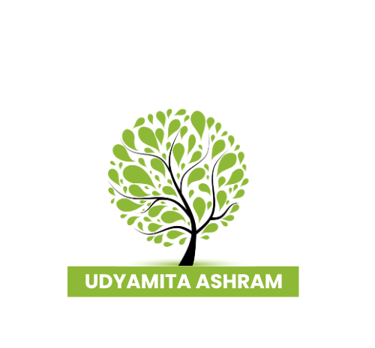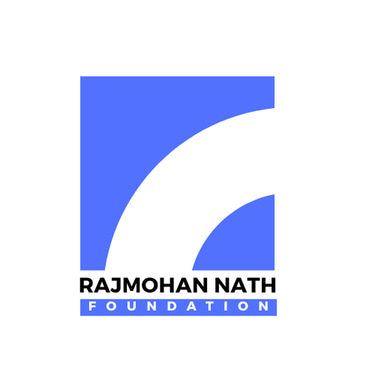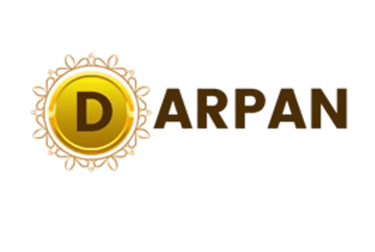About Udyamita Ashram (Proposed)
Udyamita Ashram is envisioned as a living laboratory for rural education, innovation, and enterprise. Inspired by the principles of "learning by doing" and the values of self-reliance, the village aims to provide context-relevant education and hands-on skill development for youth and communities. The initiative focuses on integrating science, technology, and entrepreneurship to address real-life challenges in rural India.
Vision
To create a model rural education ecosystem where students and communities co-create sustainable solutions, acquire practical skills, and build self-reliant livelihoods.
Key Focus Areas
1. Education through Development (RDES)
A one-year Diploma in Rural Technology, followed by a year of apprenticeship.
Students work on real-world development problems and generate income through practical projects.
Curriculum includes areas such as solar technology, agriculture, animal husbandry, fabrication, electronics, and sanitation.
2. Maker Spaces in Schools
Establish low-cost maker spaces in local schools to promote STEM education through project-based learning.
Encourage innovation through practical experiments and problem-solving among students from middle and high school levels.
3. Design Innovation and Fabrication Lab
A digital fabrication lab (Fab Lab) equipped with 3D printers, CNC machines, and laser cutters for prototyping and design.
Mentorship and project support for local problem-solving through a dedicated Design Innovation Centre.
4. Rural Appropriate Technologies
Development and deployment of technologies tailored for rural livelihoods, such as:
Solar dome dryers
Organic waste composters
Aquaponics systems
Food processing units
Collaboration with local SHGs, farmers, and youth to pilot and refine solutions.
5. Entrepreneurship Development
Launch of an incubation and mentorship program for rural enterprises.
Support in business planning, registration, product development, funding, and market access.
Alumni network and collective enterprises to reduce migration and strengthen the local economy.
6. Campus and Community Culture
The campus will be constructed using sustainable methods and community participation.
Daily routines to include shared responsibilities, reflective sessions, and value-based education alongside technical learning.
Implementation Roadmap
Phase 1: Establishment
Identify and secure a village site for the core campus.
Build basic infrastructure using eco-friendly methods.
Pilot maker labs in partner schools.
Phase 2: Education Rollout
Launch the diploma program.
Partner with nearby schools to introduce maker-based education and STEM labs.
Phase 3: Enterprise and Innovation Expansion
Scale up the fabrication lab and Design Innovation Centre.
Support student-led and community-based enterprises.
Phase 4: Regional Outreach
Expand the maker and innovation model to neighboring districts.
Publish and share open-source designs and case studies for replication.
Unique Features
FeatureObjectiveHands-on Learning + ApprenticeshipReal-world application of skills with income-generationSchool-based Maker LabsDemocratize access to STEM education in resource-poor areasEco-Technology DevelopmentLocal solutions for rural problemsRural Entrepreneurship SupportBuild local enterprises to curb migrationCommunity-Built CampusPromote ownership, sustainability, and prideValue-Based Learning EnvironmentEncourage integrity, collaboration, and self-awareness
Why This Model Matters
Proven Framework: Builds on the success of Vigyan Ashram's Rural Development through Education System (RDES).
Locally Relevant: Education and technology are directly tied to rural needs and challenges.
Scalable: Modular and low-cost approaches allow for easy replication.
Livelihood-Oriented: Focus on self-employment and skill-based enterprise development.
Rajmohan Nath Vigyan Ashram aims to be a transformative model of rural empowerment where education, science, and enterprise come together to create meaningful impact.
Core Team Advisors :
Dr. Sarat Borkotoki
Kamaleswar Saikia
Dr. Birinchi Saikia
Guneswar Saikia
Dr. Sachin Kakati
Chandra Bora
Dhiraj Hazarika
Bhupen Bora
Chandan Kumar Bora
Dr. Bhabajyoti Bora
Guana Bora
Dilip Kumar Bharatee
Ankur Goswami
Parimita Saikia




